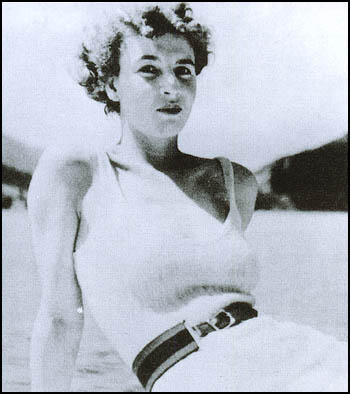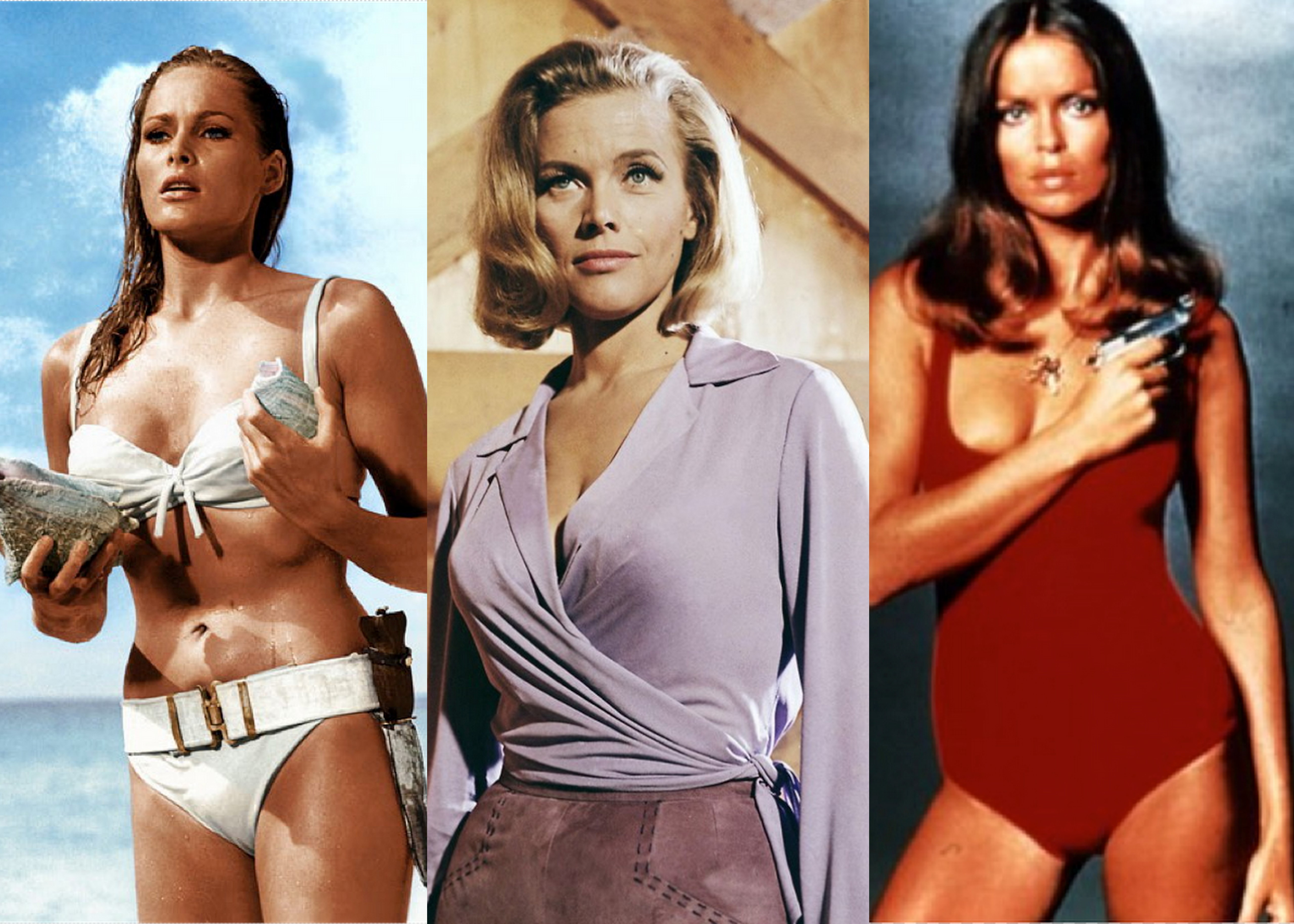The stories of James Bond have left readers and audiences mesmerized for decades, but the titular character can't take all the credit for their entertainment. Alongside the adventures of this daring and dangerous spy, there have always been supporting characters called the Bond Girls. They may be friend or foe, but no James Bond story would be complete without them. When author Ian Fleming first dreamed up the tales of Bond and his girls, was it all pure fantasy? Most speculate that a woman named Muriel Wright provided the inspiration for these legendary women.
Wright was born in 1909, to a wealthy family in Ashbourne England. Her father, Henry Fitzherbert Wright, was a cricket player and an active participant in local politics. Although wealthy, conservative women of her time often didn't pursue an education or a career, Wright became quite successful as a model for outdoor recreational clothing.
In August 1935, Wright and Ian Fleming met for the first time in Austria. The two instantly hit it off and embarked on a long-term relationship. Fleming may have been smitten in the early days of their courtship, but it wasn't long before he continued seeing other women. Although there is no evidence that Wright protested these affairs, her family was not pleased with the situation. Her brother, Fitzherbert Wright, was particularly offended by Fleming's behavior, and went so far as to show up at Fleming's home with a horsewhip. Fortunately for Fleming, he and Wright were gone on a weekend trip.
 Although Wright may not have fully held Fleming's attention during her lifetime, it was her death that stuck with him and made her his muse and inspiration for female characters. Wright was a casualty of World War II in March of 1944. Although she did serve as an air raid warden, she died at home in her nightdress. It occured during an air raid that sent a piece of masonry into her flat, fatally striking her on the head. Oddly, no damage was done to the property, and her body was not discovered until her dog was found outside whimpering.
Although Wright may not have fully held Fleming's attention during her lifetime, it was her death that stuck with him and made her his muse and inspiration for female characters. Wright was a casualty of World War II in March of 1944. Although she did serve as an air raid warden, she died at home in her nightdress. It occured during an air raid that sent a piece of masonry into her flat, fatally striking her on the head. Oddly, no damage was done to the property, and her body was not discovered until her dog was found outside whimpering.
It was Fleming who identified her body, and the loss of her shook him deeply. According to biographer Andrew Lycett, "[Fleming] was immediately consumed with grief and guilt with the cavalier way he had treated her." Friend Dunstan Curtis once commented, "The trouble with Ian is that you have to get yourself killed before he feels anything."
With Wright gone, Fleming's idealization of her began to show up in the female characters that he crafted for his famous novels and short stories. The Bond Girls are all young, beautiful, and athletic, and they often die young in tragic situations. They are, as Fleming once described Wright, "too good to be true."

No comments:
Post a Comment